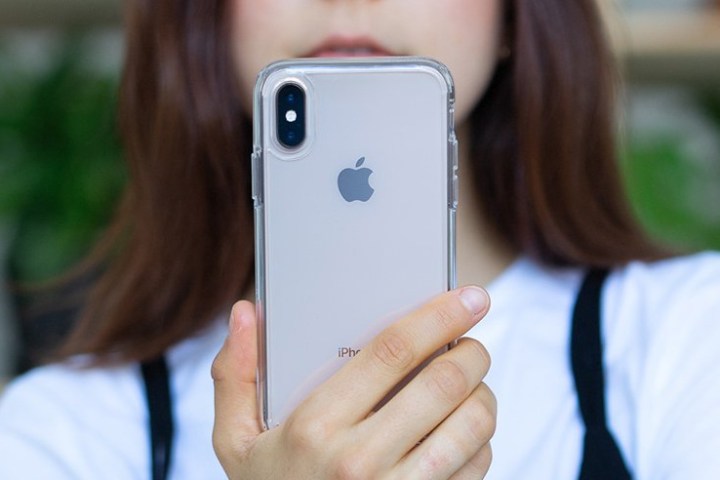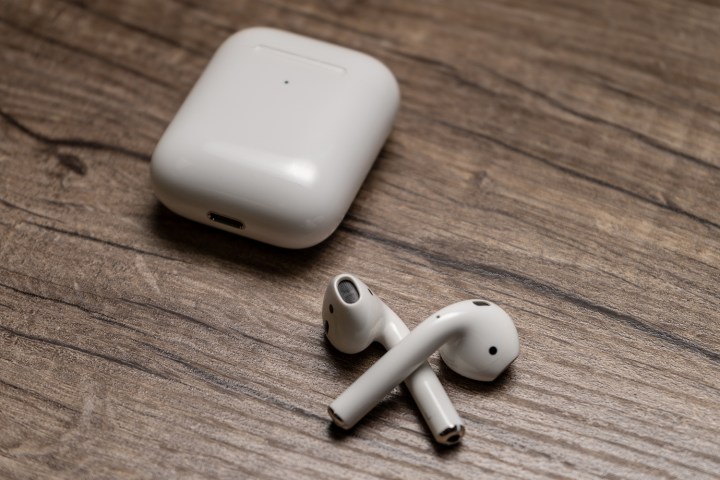Apple is never far from the news, whether it’s releasing a new product, holding one of its highly anticipated events, setting a new trend, or having its future plans discussed by industry insiders. A company as well known as Apple is sure to chalk up more than a few wins over a 10 year period, but with those wins will inevitably come some losses too.
Here, we’re going to take a look at what could be considered Apple’s biggest triumphs, alongside the things that didn’t quite play out as it expected. No matter what the faithful say, Apple isn’t perfect; but when it gets things right, it really gets things right.
In the interests of fairness, we’re going to follow each win with a loss, so no matter which side you come down on — Apple’s the best! No, Apple’s the worst! — there’s something for everyone here.
Win: Fat stacks of money
On more than one occasion, Apple has taken the title of the world’s most valuable public company. In 2018, it even became the first to reach a $1 trillion valuation. More recently at the beginning of 2019, it surpassed Microsoft and Amazon in the race to the top with a market value of $821 billion, leaving Microsoft trailing with a paltry $805 billion. The three companies have swapped positions consistently.
Additionally, Apple gigantic cash reserves, which have been as high as $250 billion, mean it has at several times over the past few years, been the most cash-rich firm out there too. Its challenger in this space is Alphabet, Google’s parent company, which in August shoved Apple aside to take the title. Whether it’s first, second, or third in any of these races doesn’t really matter. Whatever way you look at it, Apple isn’t going hungry any time soon.
Loss: Taxes, lawsuits, and fines
Apple says it is the largest taxpayer in the world, handing over $35 billion over the course of three years; but that hasn’t stopped it receiving some hefty tax bills outside of this. In 2016 the European Union told it to pay $15 billion in taxes, plus another $1.4 billion in interest. It has also been fighting various lawsuits, with the most recent being with Qualcomm, a battle it settled with a payment rumored to be up to $6 billion. Other situations, like the ebook antitrust case in 2014, resulted in lower but still significant — $540 million in this case — fines Apple has had to pay.
But as we’ve just demonstrated, it can afford it.
Win: The Apple Watch

The Apple Watch is the best smartwatch you can buy. Sure, I sound like a broken record saying this; but it’s fact. Nothing else comes close to the speed, refinement, design, software, health tracking, or customization available for it. The look has been wrongly maligned, and question marks always raised over whether anyone really needs a smartwatch; but the fact is from the very beginning Apple got it right.
Introduced in April 2015 it has only been refined and improved using the available technology and techniques. Apple hasn’t needed to reinvent the Apple Watch (yet), because it succeeded from the start. Trends matter in smartphones, but not so much in smartwatches, where we benefit from familiarity in terms of software and everyday use. It’s arguably Apple’s best product of the last decade.
Loss: Antennagate
Has Apple made a bad product over the last 10 years? Not really; but it has made some serious mistakes. It was hard to choose between the rampant keyboard problems with MacBook computers over the past few years, and so-called Antennagate, which eventually won because it cost Apple money, and gave birth to the phase, “You’re holding it wrong.”
The iPhone 4’s metal body and exposed antenna lines raised a problem where when your hand was in contact with the phone in a certain way, the device would lose signal. It wasn’t the first phone to experience the problem; but the iPhone 4 was massively popular in a very short space of time, and time has made it easy to forget the amount of hype around the phone.
Antennagate was such a problem that Steve Jobs hosted a small press gathering in July 2010 to address the situation. Eventually, it handed out free bumper cases to angry owners, and settled a class action lawsuit too.
Win: The iPad

Hands up who cared about tablets before the iPad? No-one, right? It arrived in early 2010, and there are distinct similarities between it and the Apple Watch. Not everyone was a fan of the iPad upon release, yet it has gone on to become the only tablet you should really consider buying. It has niche use cases, isn’t for everyone, and has gone largely unchanged in its overall design since launch. But its impact is considerable, and tablets remain one of Apple’s most successful new products of the last 10 years.
Loss: Losing the iPhone 4
Whoopsie. When you accidentally forget your phone somewhere, it’s an inconvenience; but when an Apple engineer forgets a prototype iPhone 4 in a bar, it becomes the stuff of legend. Why? Because the phone was found and then sold to tech site Gizmodo, which ran a story exposing the device ahead of release. The whole situation turned very sour, and eventually resulted in a criminal investigation. Not a good day for Gizmodo or Apple, and definitely not for the engineer who lost the phone; but the iPhone 4 went on to become hugely successful.
Win: iPhone X

After a period of design stagnation, the iPhone X propelled Apple back to the forefront of design, material use, and cemented its reputation as a premium device maker. The almost full screen experience was groundbreaking, the gesture controls worked seamlessly and are still the best available, while Apple pushed its legions of developers to adopt the new screen type as soon as possible. Cohesive, classy, desirable, and instantly recognizable, the iPhone X was an Apple product through and through.
Loss: Design wilderness years, and dubious decisions
After the iPhone 6, Apple struggled to find its way with design. The iPhone 6S, iPhone 7, and iPhone 8 were all dull, repeating a stagnant formula others had surpassed. It’s likely no coincidence this came about a few years after the sad death of Steve Jobs, as the company adapted to change, and took time finding its way. This eventually happened with the iPhone X.
In addition to this, the introduction of the notch on the iPhone X, along with the removal of the headphone jack on the iPhone 7, set in motion a trend seen industry-wide. Neither has won many fans, and the benefits — most of which are related to the phone’s internal design, and technical restrictions of the day — don’t resonate with the person who just wants to use a pair of wired headphones.
Win: AirPods

What? AirPods are a win? Oh yes. Go outside now, and see how many AirPods in ears you spot, then count the amount of competing true wireless headphones you see. It’s likely yo be a very one-sided battle. The unusual design stands out, but the real win for Apple is on the ease of connection which happens seamlessly, and the almost universal comfort of its headphones. That’s before talking about the compact case, the excellent battery life, and strong sound quality. Yes you can make jokes about the way they look, but you can’t argue about the ubiquity and how they’ve introduced so many to the joys of wireless audio on the move.
Loss: Processor throttling
A situation that could have been avoided by being more transparent, Apple got caught using software to slow down older iPhone models with small capacity batteries, something it called performance management; but most people saw as a way to push them into an early upgrade.
Apple eventually wrote a lengthy explanatory article about why it felt the need to slow down older phones — it’s all to do with aging batteries and preventing the phone shutting down without warning — but it was too little, too late. The damage was done. It has since become more open about the practice, but that didn’t stop it being fined in Italy to the tune of $5.7 million for not informing consumers.
This is not an exhaustive list. Apple has won many more times, and lost just as many. Whether it’s a $52,000 computer, $400 wheels, the proliferation of dongles, keyboards that don’t always do what you want them to do, privacy concerns, and more besides, Apple’s detractors are right to point them out and hold them to task. On the other hand, its hardware is mostly superb, and its products are incredibly easy to recommend.
We wonder what this list will look like in 2030?



